If you are concerned about how much alcohol you drink and want to know if you are an alcoholic, Mark Holmes, Alcohol Quit Guru, explains the subjective internal and external, and objective, methods you can use to find out.
You can view the C.A.G.E. Questionnaire video here.
The four self-assessments tests mentioned in the video are included in the free sample of “Holmes’s Complete Guide To Stop Drinking Alcohol” which you can get for free here.
You can complete the Michigan Alcoholism Screening Test online free here.
You can purchase “Holmes’s Complete Guide To Stop Drinking Alcohol” for $6 on Amazon here.
Transcript
Good morning, and welcome to the Crazy Sobriety Vlog. Today we’re asking, How do I know if I’m an alcoholic?
There are three main ways: 1) Subjective internally, 2) Subjective externally, and 3) Objectively. And we’re going to look at each of those briefly this morning.
1) Subjective Internally
Reflect on your heart, mind, body and soul.
Heart, what do you actually feel? Do you feel in your heart that you’re an alcoholic?
Mind? What does your head tell you? Does your head tell you that logically and rationally I must be an alcoholic? Even if that’s different to what you feel? Sometimes there can be a conflict between the head and the heart, that old chestnut! So think about that.
Body, have you got any symptoms somatively? That means any physiological symptoms of alcoholism? This doesn’t necessarily mean you wake up with delirium tremens every morning. It can mean that you’ve noticed a raised heartbeat, you’re sweating or you’re more anxious.
By the way, those things, that stress [you], that you think alcohol relieves, are actually a consequence of drinking. You have far less stress when you’re not drinking, at least I did.
So yeah, somatively, how does your body feel? Are you feeling worn, tired out, do you wake up feeling like you haven’t slept? All of those are indications of drinking too much.
Soul. A lot of people don’t give this much attention, but I think it’s really important. It’s one of Abraham Maslow’s, the psychologist’s, top needs in his “Hierarchy of Needs“. He calls it self-actualization. And that’s that feeling of ‘is this where I’m meant to be’? Have I achieved everything I want to do? Am I comfortable in my [own] shoes? Do you feel in your soul that you’re comfortable where you’re at? Or do you believe you’re not quite who you should be? There’s a kind of mismatch?
So think about that: heart, mind, body, soul. So that’s subjective internal observation, then you’ve got to look externally.
2) Subjective Externally
How do you find the world? Are there any indications from outside yourself that you might be an alcoholic?
So, for example, do you have any issues at work? Do you find you’re having issues at home? Do you have rows with your partner, your spouse? Do you have strained relationships with other family members? Do you have any conflict in your immediate environment, with neighbours, or any external factors that might suggest that you might be having an unhealthy relationship with alcohol.
There’s usually a lot of clues.
I know for me there were many.
I chose to bury my head in the sand and ignore them and say everyone else was wrong, and I’m the only one that’s right.
Think about external subjective influences, and reflect on that.
Use a Journal
If you’re doing this subjective appraisal be really honest about those internal and external things and I always recommend writing in a journal. That was one of the big things for me in terms of awareness.
I remember writing one year in my journal, “this year I’m definitely going to quit alcohol.” I did not keep a regular journal then. I try to now but I haven’t been very good for the last few weeks. But anyway, a year later after writing that in my journal, and a really bad night, I open my journal with that focus again, and I was just about to write, “I’m definitely not gonna drink this year.” And, “I’m gonna quit this year.”
And I saw the same words already written there from the year previously.
And I was like, “Oh my… [God]!”
So, keep a journal. Write it down. It doesn’t have to be in a [particular] format, just keep aware, keep track of what you’re doing, what you’re feeling, and just be totally honest as you can with yourself.
You have to be really honest with yourself to find yourself.
Okay, that was the first two ways, the last way is an objective assessment.
3) Objectively
This is basically doing self-assessment tests and these are only as good as you are willing to share with them. They’re meaningless if you’re going to lie on the answers. How much do you drink a week?
You know, it’s a bit like, when you go to the doctor, and they ask you. I think doctors now double or triple the amount patients tell them they drink automatically. Because they know it’s an underestimate.
The problem is, if you do self-assessment questionnaires, which are an objective tool, it can be the same. If you’re gonna kind of try and trick them, you’re only going to trick yourself. So, be aware of that.
But some [questionnaires] are very good. Now, you got to be careful with which ones. I spent a lot of time looking at questionnaires about, “Am I an alcoholic?” And there are so many.
The thing is even on some seemingly reputable websites, they’ve got questionnaires that they’ve made up. And what do I mean by that? I mean, they’ve just made it up. You know, “do you drink a lot?” Yes/ No. “Do you drink on Sundays?” Yes/No, “Okay, you’re fine. Or, oh No! You should investigate! But they’ve made these questions up! [They don’t know if you should investigate it, or not! They haven’t even tested the question on anybody.]
I’ve written to the publisher of these websites, and said, “where did you get that? Where’s your source for that? That questionnaire is very interesting…”
And their reply was that these aren’t validated tests. Now validation means that these questionnaires have been through a process. They’re a clinical instrument to actually test something, you know, and there’s sensitivity and specificity. Basically, these tests have been rigorously designed to measure what they claim to be measuring. That’s to put it in a nutshell.
So what I’m talking about are tried and tested self-assessment questionnaires that are tested to be reliable and true.
The most famous early one is called the C.A.G.E. [questionnaire] and those four letters of the C.A.G.E. questionnaire stand for the type of questions they’re asking in the four questions. The first one is “Cut down”, etc. I’ve got a video on that.
Another one, The Michigan Alcoholism Screening Test (M.A.S.T.) is excellent. You can do that on my website and it’s free. And it’s quite good [because] it’s got some “false-positives” there that really test [you]. So it’s not simply “yes”, it does look like a simply “yes” or “no”, but the way they score them is quite clever. So they put in some sort of questions, I won’t say “trick questions”, but it’s one of the best ones [questionnaires] I’ve found.
There are another two self-assessment questionnaires in my book. One is called The Short Inventory of Problems (S.I.P), and the other is called The Diagnostic and Statistical Manual of Mental Disorders (DSM), version five. And that’s an American test that is used to diagnose Alcohol Use Disorder (AUD) by medical professionals.
Now, all of these four self-assessment tests are validated. So that means they are independently tested to measure what they claim to measure. And there’s profiles of the results. So you can look at populations that have actually taken this test and compare yourself to those populations. So the scores are very meaningful and not subjective. They are usually used by medical professionals in conjunction with an interview, so when we’re doing counselling, we use those tests as the basis for that interview. Our diagnosis is based on a test and the interview [both].
The other important thing that you need to remember is none of the tests should be taken in isolation. If you just do one test, don’t think it’s an indicator of alcoholism. It might be, but you really need to compare one or more. That’s why I put four self-assessment tests in my book, Holmes’s Complete Guide To Stop Drinking Alcohol, so that you can actually measure yourself in several different ways.
In addition to those four, you’ll find millions of tests online. But just be careful, because some of them are just fanciful, made up, and you can’t draw any conclusions from them.
[Equally] some of them are very highly specialised and difficult to interpret. There’s one of them in the book. In fact, the Short Inventory of Problems is quite difficult to assess. I put in the Appendix how to score it exactly, step-by-step, but it’s difficult. You can find all of those tests actually, if you just want to see what they’re like, you can find them in the free sample of the book and there’s a link below.
In conclusion, we’ve got first of all, internal [observation], look at your heart, mind, body, soul. Second of all, look outside yourself, look at the world around you. Look at your relationships at home with your family, your spouse, your partner, your siblings, your relatives, your neighbours, and look at your working situation. Are you changing jobs frequently? Is there any conflict at work? And are you under any kind of disciplinary action at work? All of these could be indications of an unhealthy relationship with alcohol. And next, look at objective testing. We can use those self-assessment tests I’ve spoken to you about, you could also get an independent view from, you know, an addiction specialist counsellor.
I always do an initial assessment free if you want to meet me online and that’s really useful. Or see a doctor and get an honest, objective assessment because sometimes it’s really hard for us to be honest with ourselves.
Finally, before I go, can I just say that if you’re asking the question, “how do I know if I’m an alcoholic?” What does that say to you?
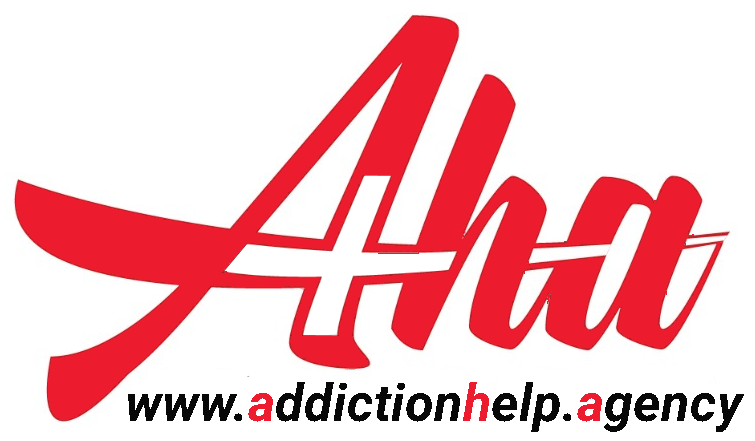
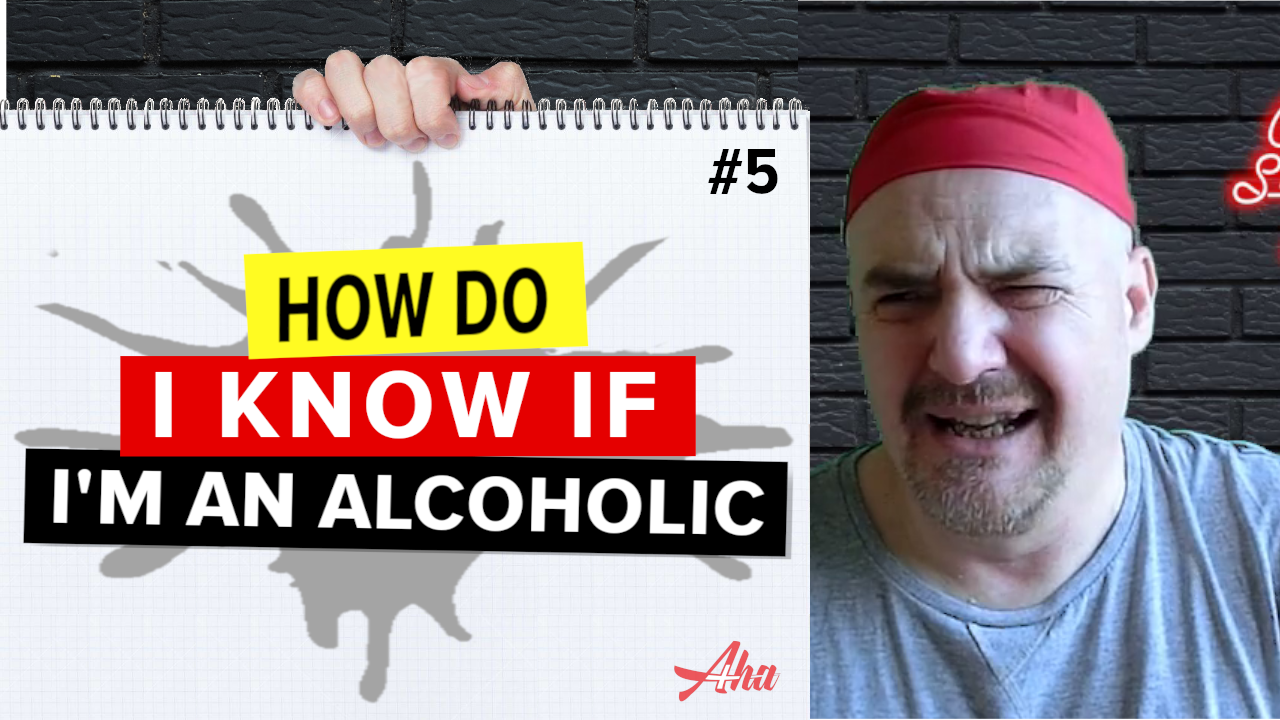
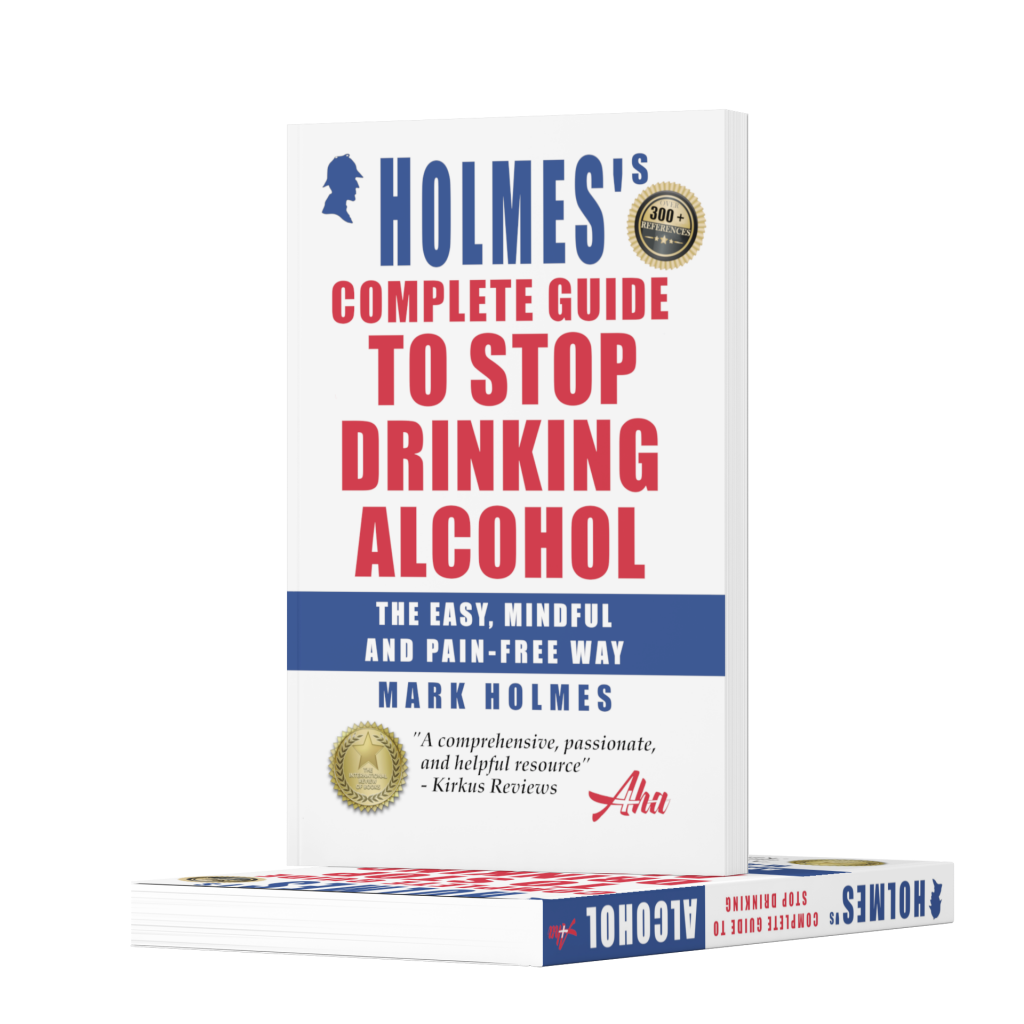

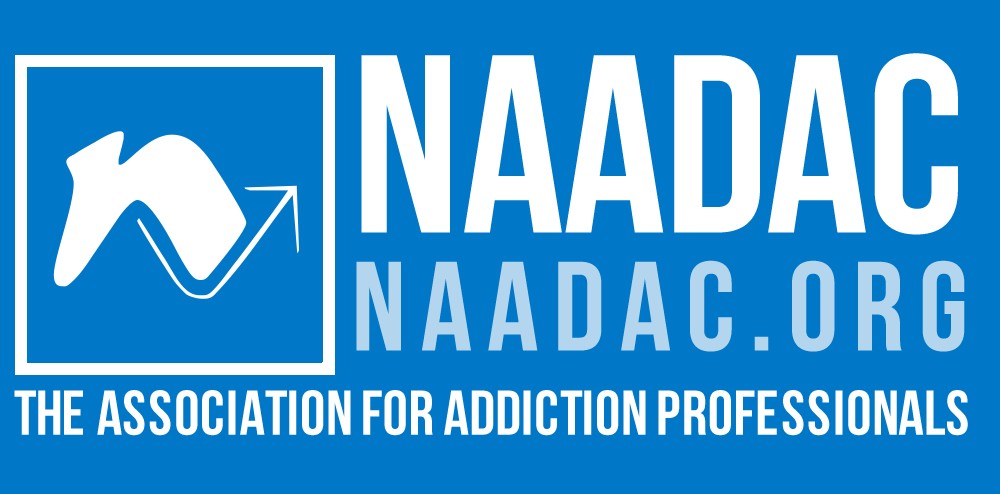
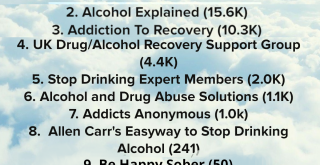
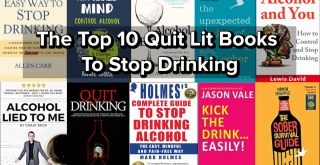
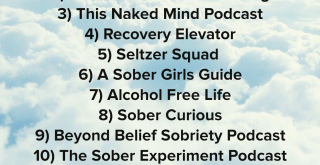
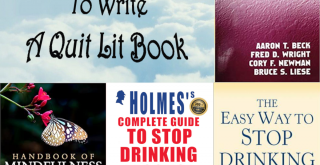
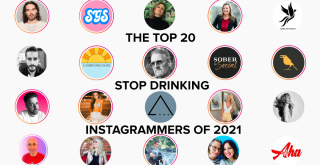
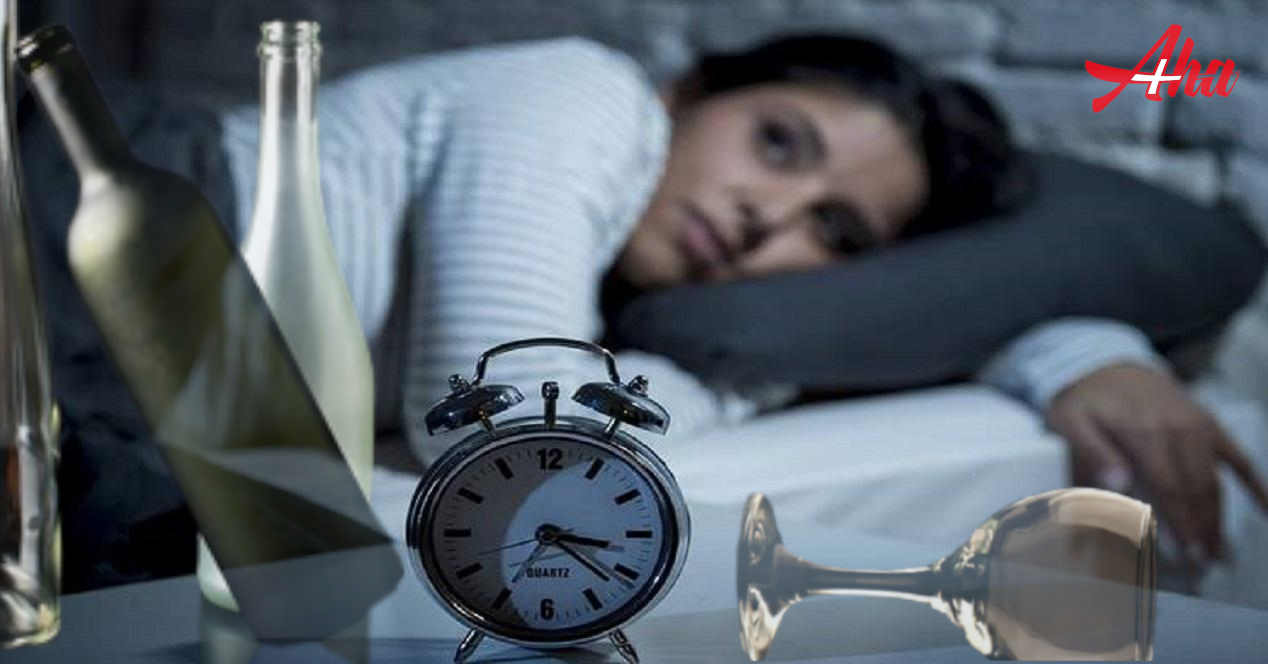
0 Comments